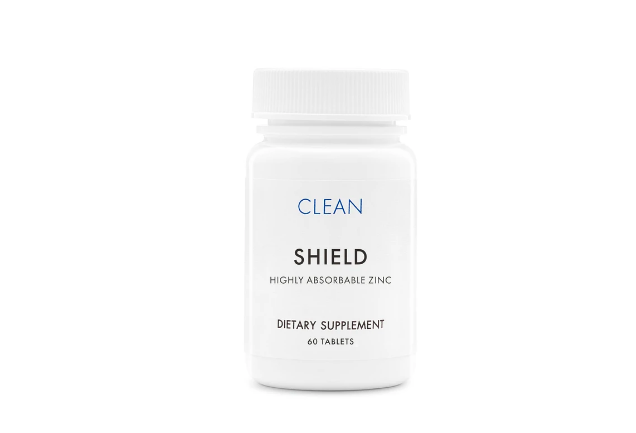These days, people around the world use dietary supplements to promote health. Most experts say that those who do not consume a healthy diet should seriously consider taking daily supplements. Eating a diet full of fruits, vegetables, grains, legumes, and other nutrient-dense foods could take a person a long way towards good health. However, many supplements are purported to have a myriad of benefits, from bone health to preventing heart disease and even congenital disabilities.

Magnesium
As a mineral, magnesium is an extremely vital part of your bodily system’s functioning. It keeps your blood pressure normalized, the rhythm of your heart steady, and your bones strong. According to health experts, most Americans don’t get enough magnesium in their diets. People who don’t get enough magnesium can suffer from inflammation. The presence of inflammation can then indicate such conditions as diabetes, certain cancers, and heart disease. Low magnesium levels can also indicate a risk for osteoporosis in women.
Health experts suggest that those with the following conditions would do well with taking magnesium supplements:
- Taking drugs for certain cancers
- Taking drugs for diabetes
- Crohn’s disease
- Kidney disease
- Elderly adults
- Those who abuse alcohol
Zinc
Zinc doesn’t just support your immune system; it also supports the activity of hundreds of enzymes that help your digestive system, metabolism, and nerve function. Supporting the health of your brain is another reason why you should consider taking a zinc supplement. That’s because the biggest stores of zinc in your body are located in the brain. An International Journal of Molecular Sciences study even showed that a change of zinc levels in the brain could affect everything from rates of cognitive decline and depression to even the possible appearances of such conditions as Alzheimer’s disease.
Zinc level deficiencies can also cause oxidative stress in your body. Oxidative stress presents itself as an imbalance between the production of free radicals and your body’s way of fighting this harmful presence. Zinc deficiencies can also reduce inflammation markers. This can trigger both chronic disease and premature aging.
Vitamin D
Good Vitamin D levels help to build strong bones. That’s because calcium can only get absorbed into your body when Vitamin D is present. Getting regular exposure to sunlight helps with Vitamin D absorption. Unfortunately, many adults don’t get enough Vitamin D, either through sunlight or their diet. For this reason, taking a Vitamin D supplement can bestow a lot of benefits for most people. When taken in medically appropriate doses, taking Vitamin D supplements is considered safe.
L-Tyrosine
Tyrosine operates as a nonessential amino acid that comes from another amino acid called phenylalanine. It helps create neurotransmitters that help nerve cells talk with each other. They can also greatly influence mood. Tyrosine also allows your organs to make and regulate hormones, including your glands. Those with low tyrosine levels deal with such conditions as low blood pressure, an underactive thyroid, and lowered body temperature. Some athletes have claimed that L-Tyrosine helps them with their athletic performance.
Vitamin A
Vitamin A helps with growth, vision, immunity, reproduction, and cell division. It also has a few antioxidant properties. Antioxidants protect your body against free radicals, which get produced when exposed to pollutants such as radiation or smoke. The presence of free radicals in your system could play a role in some cancers, as well as heart disease and other types of conditions. This vitamin supplement will most benefit those who eat a poor diet or who have certain conditions such as measles, pancreatic cancer, or eye issues.
It’s well known that many Americans could eat a more nutrient-dense diet. But more stubborn individuals can treat their nutrient deficiencies by taking a dietary supplement at least once a day. While taking supplements isn’t a cure-all for eating a diet full of processed foods, these supplements could go a long way towards fixing many of the deficiencies present in an American adult’s diet.



